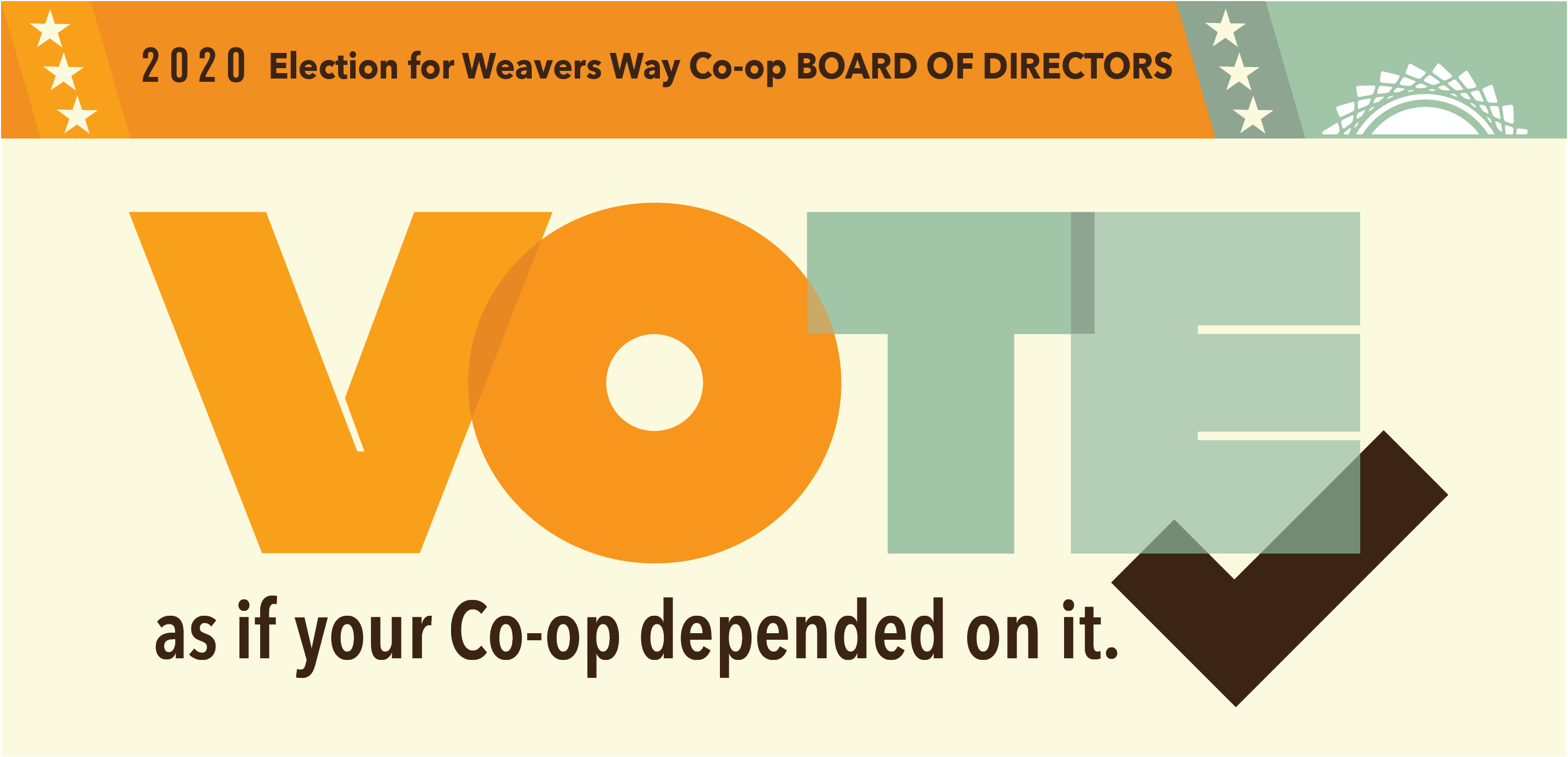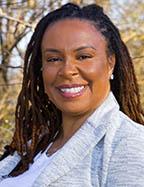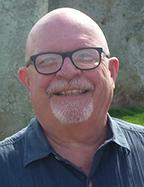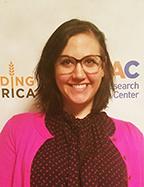
1. What is your current Weavers Way shopping frequency? Describe your involvement in Weavers Way committees, projects, and activities.
I shop at the Ambler location five days a week. I generally visit the Chestnut Hill location three to four times a week for lunch. I have supported many of the Co-op’s efforts, including Food For All, postcard writing, and the $4 Friday dinners in Ambler.
2. Describe your experience with financial oversight, particularly of a business or organization’s budget and financial performance.
I have both macro and micro experience overseeing government agencies and those who contract with them. As regional licensing administrator for Southeastern Pennsylvania, I was tasked with the oversight of budgets for over 200 provider organizations contracted to provide services for individuals with intellectual disabilities. Additionally, through my quality management role in the Montgomery County Office of Behavioral Health and Developmental Disabilities, I worked to ensure fiscal responsibility for every individual receiving services.
3. What do you perceive to be the long- and short-term challenges facing Weavers Way, and how should we address them?
Education and internal and external stakeholder engagement should be a continuing area of emphasis and focus. Short-term challenges: Weavers Way, in concert with the board, will need to ensure that the Co-op remains true to its principles and fiscally strong as it seeks to expand and engage members of its various communities. Long-term challenges: Weavers Way should ensure that the Co-op continues to be mission driven, value oriented, and financially strong despite competition in the marketplace.
4. What volunteer or professional experiences have you had with other cooperatives or organizations that will help you strengthen the Weavers Way Board?
I was the past president of Montgomery County Head Start (Ambler Campus). I also served as a catechist at my parish for over 15 years. I am currently the vice-president of the Lower Gwynedd Township Board of Supervisors. Additionally, I am the policy director for State Representative Chris Rabb.




